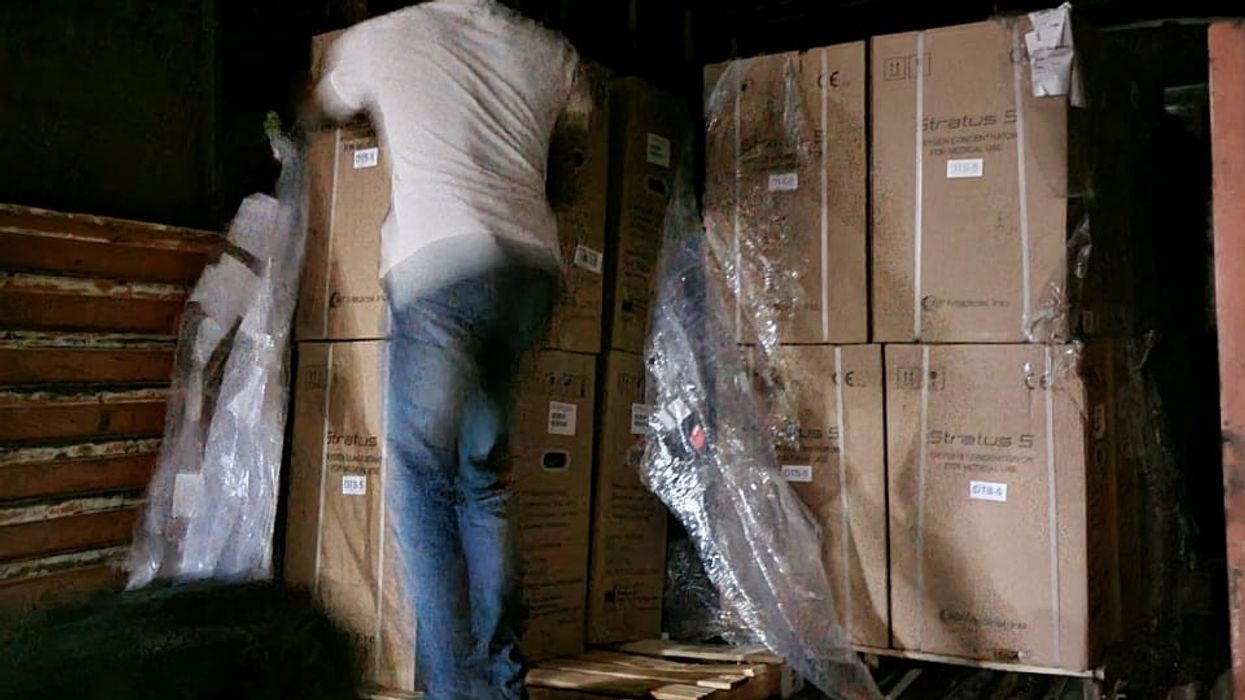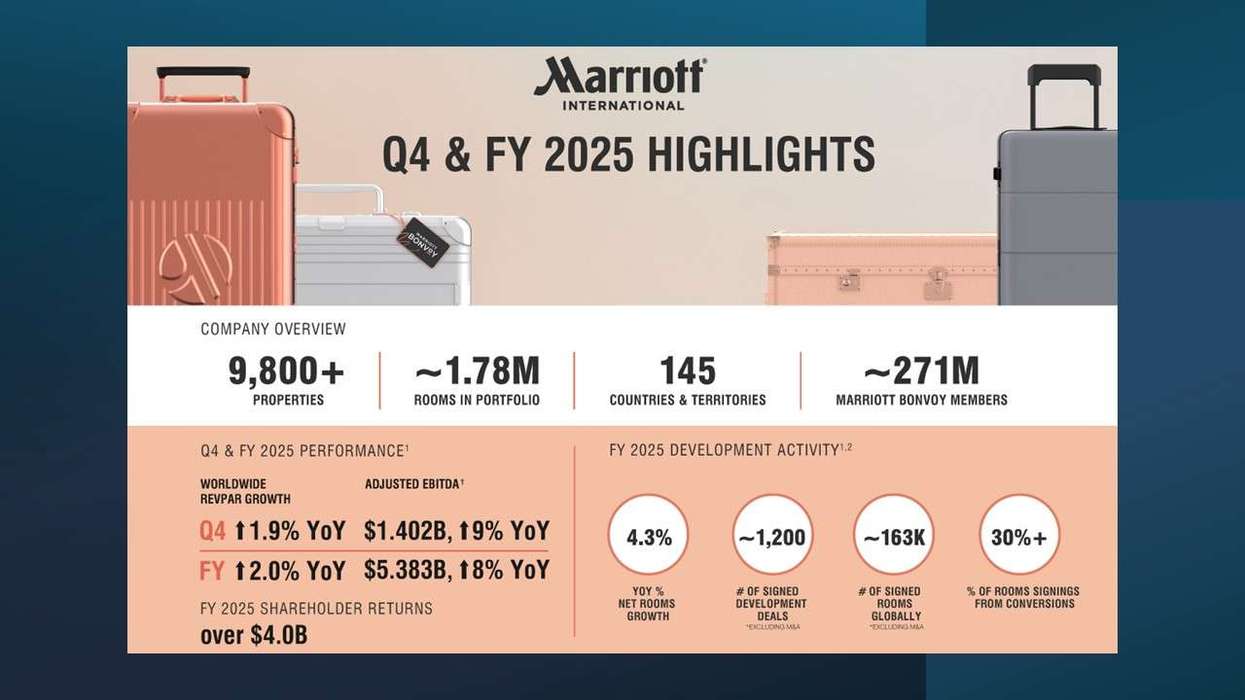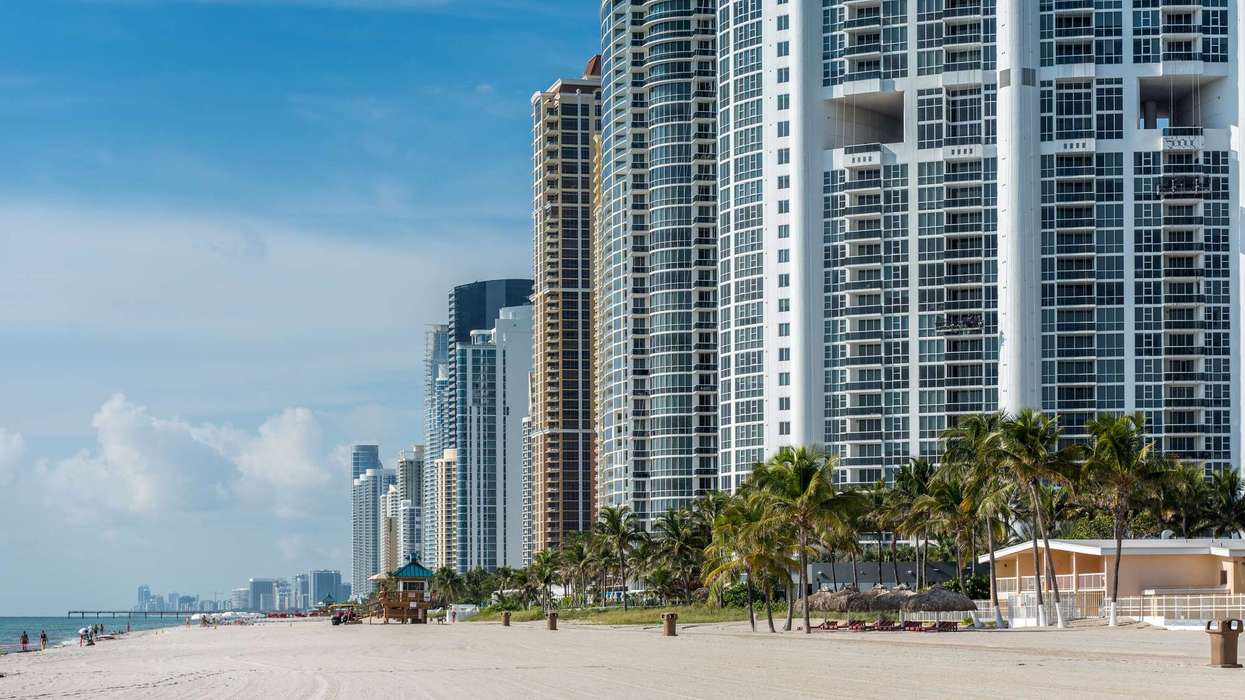A SECOND WAVE of the COVID-19 pandemic is sweeping India, killing thousands. Indo American hoteliers are stepping up to send much needed medical supplies and other aid to the mother country.
Atlanta hotelier and former AAHOA Chairman Mike Patel is working with non-profit Joy of Sharing to send oxygen canisters, ventilators, masks and other medical supplies to India. Also, California hotelier Sunil “Sunny” Tolani, founder of the Prince Organization, has been sending donations through his organization. Another California hotelier, Bharat “Bobby” Patel, is working with Leuva Patidar Samaj of the USA to build oxygen generating plants for Indian hotels.
Sharing is caring
Patel appears in a video promoting Joy of Sharing’s aid campaign.
“India is devastated today, I’m devastated, we’re in a tragic situation in which more than 3,000 people a day are passing away due to this COVID crisis,” he said in the video. “They’re in dire straits. People are getting out of breath, they can’t even breath to live.”
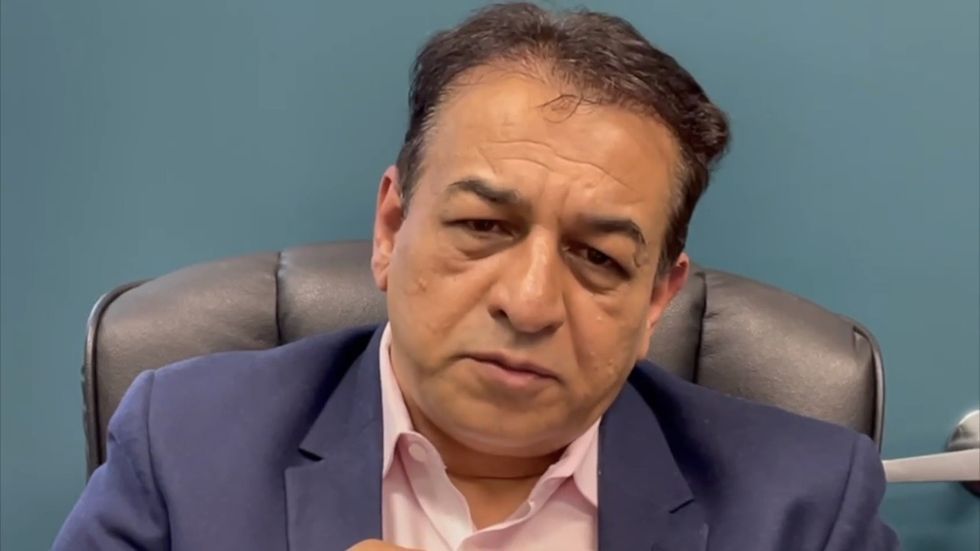
Joy of Sharing will source the equipment in the U.S. and with help of UPS will take the equipment through customs and deliver to hospital of the contributors’ choice. Partnering with the agency for the India project are Tarsadia Foundation, Rotary Club of Bardoli, Playful India, MSI Charitable Trust, Anekant Community Center and others.
“Our first round of donations has been airlifted to India, including 500 plus units of necessary medical equipment including oxygen concentrators and more,” the agency said, adding that 100 percent of the donations it receives will go to India COVID-19 relief efforts, which includes medical care and supplies and access to meals. “Our response efforts are guided by our partners’ most pressing needs and are subject to shift throughout the duration of our support.”
‘A perfect storm’ of misery
As of May 18, there have been 25,228,996 confirmed cases of COVID-19 with 278,719 deaths in India, according to the World Health Organization. As of May 4, 175,171,482 vaccine doses had been administered.
“It seems like it’s been a perfect storm of things with the air pollution, which has been very high in India, people have died from asthma, and no social distancing and no wearing of masks,” Tolani said in an interview with CNN. “These are the things that are extremely high risk for them and contributed to this COVID infection.”
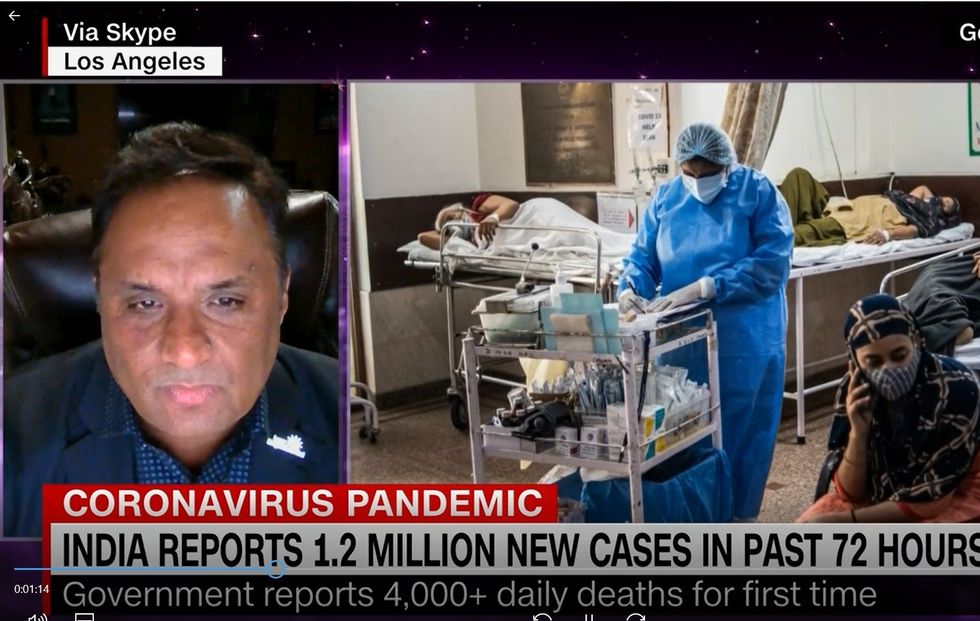
Tolani said he learned the importance of helping others from an early age.
“The purpose of my family is a pledge to contribute, to share our unique blessings, to have a positive impact on the lives of others in the world,” he said. “When I was growing up, I saw my mom, I saw my grandmother, they were tireless examples of compassion, empathy, giving people hope and courage, kindness and changing lives. India is my mother country, it’s like my mother and we have to really take care of our mother and our motherland.”
He compared the situation in India to scenes from Dante’s Inferno.
“Black market oxygen, rows and rows of patients, elders struggling to breathe, doctors on streets, price gouging scenes, it is a cruel exposure of the systematic failures, complacency and incompetence of the largest democracy in the world,” Tolani said. “The tragedy to the second wave is a total catastrophic response , and what is worrisome is India is the leading producer of the world’s pharmacy products and fake or counterfeit pharma.”
However, Tolani told CNN he does not believe the aid he is sending will be delayed by the India government.
“Right now I have confidence in India,” he said. “They’re trying to pull their act together. They know now that tragedy is at their doors.”
Tolani’s Prince Organization has donated more than $327,000 in aid to India, including direct cash payments and covering travel and lodging costs for family and friends he flew from India to the U.S. for vaccinations. His organization does not accept outside donations, but he encourages others to make donations through other groups, such as AAHOA, Indo American community groups and churches.
He also has heard that some of the large hotel companies he franchises with, including Marriott Hotels & Resorts, Hilton Worldwide and InterContinental Hotels Group, will be making contributions due in part to his appeal on TV. Along with contributions from other sources, that could total $500,000 million more in aid.
Finding a permanent solution
For Bobby Patel, who lives in Alameda, California, the crisis in India strikes close to home.
“I still have a lot of kinfolks in India, so I stay in touch. In the first round, there were sick people, but in this second wave, there are people who we know who are dying. So, it came too close,” he said. “I was positive back in January, I had to spend three nights in hospital with COVID-19. So, I know how it feels, what it can do to you.”
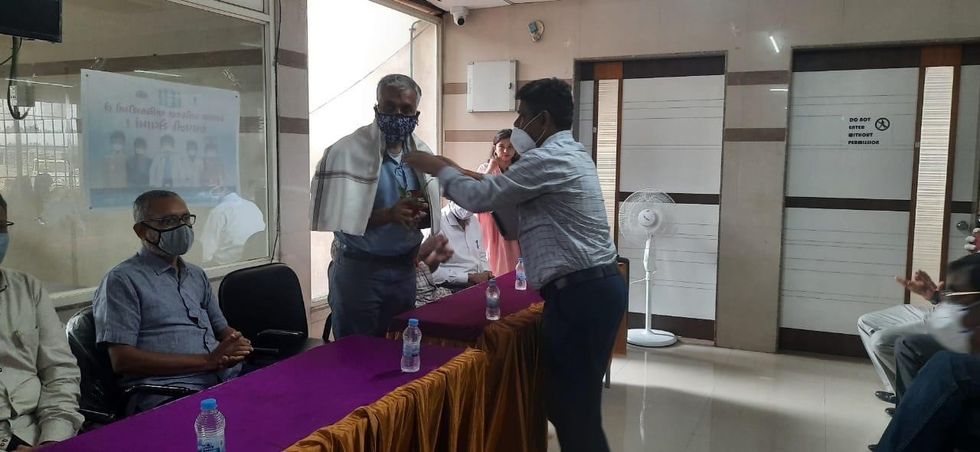
So, when LPS of USA President Nancy Patel asked Bobby, who is a past president of the organization, and board member Dipak Patel for help, they were more than happy too pitch in. They considered buying small oxygen concentrators, but because U.S. concentrators were not compatible with Indian electric systems, so they tried purchasing some from China.
However, the order was tangled up in shipping difficulties.
“We decided to do a permanent solution for oxygen,” Bobby said.
They learned that hospitals in middle-sized cities in India have piping in ICUs, general wards and In individual rooms to carry oxygen from a central oxygen generator.
“We thought and we researched that we could donate them oxygen generating plants, then it will solve the problem for years and years to come,” Bobby said. “We tried to find the plants, and it is very expensive, we started with around $18,000 a plant, then $25,000 a plant to $36,000 a plant. We wanted to make sure that the plants were built locally, so they can service them.”
Bobby said LPS USA has raised nearly $400,000 to provide the plants to nine different sized hospitals in hospitals around India. Two have been installed, including one at Umrakh Hospital outside Surat, India, and work will begin on installing two more in June. More will come by June.
“If we have more funds, we're going to do two more things, ventilators and dialysis machines for kidneys,” he said. “What is happening right now, some of the hospital have shortages of dialysis machines also, because the patients who are positive, they cannot use the same machine as other patients.”
Nancy Patel said she went to her officers and the LPS of USA board as soon as the COVID crisis in India began in April and said the organization had to send aid.
“After receiving blessings from the board, though regardless we would have moved forward to save lives, the project that we decided on was one that would be long term and sustainable. One that would last not just now but tomorrow and the future,” she said. “As a community and as a leader it was our duty to serve in a humanitarian effort to help save lives one breath at a time. Seeing our brothers and sisters dying in rapid numbers was heartbreaking, so it was our honor to stand up during one of the worst times for India.”
Members of the Asian American hotelier community have been providing similar donations to those in need since the beginning of the pandemic.
